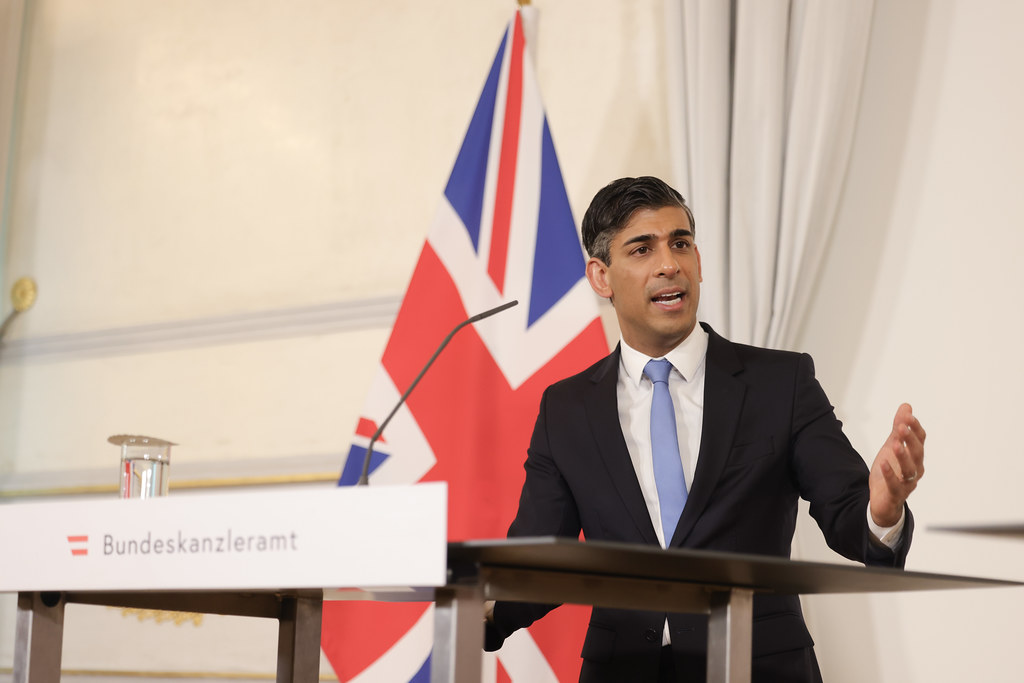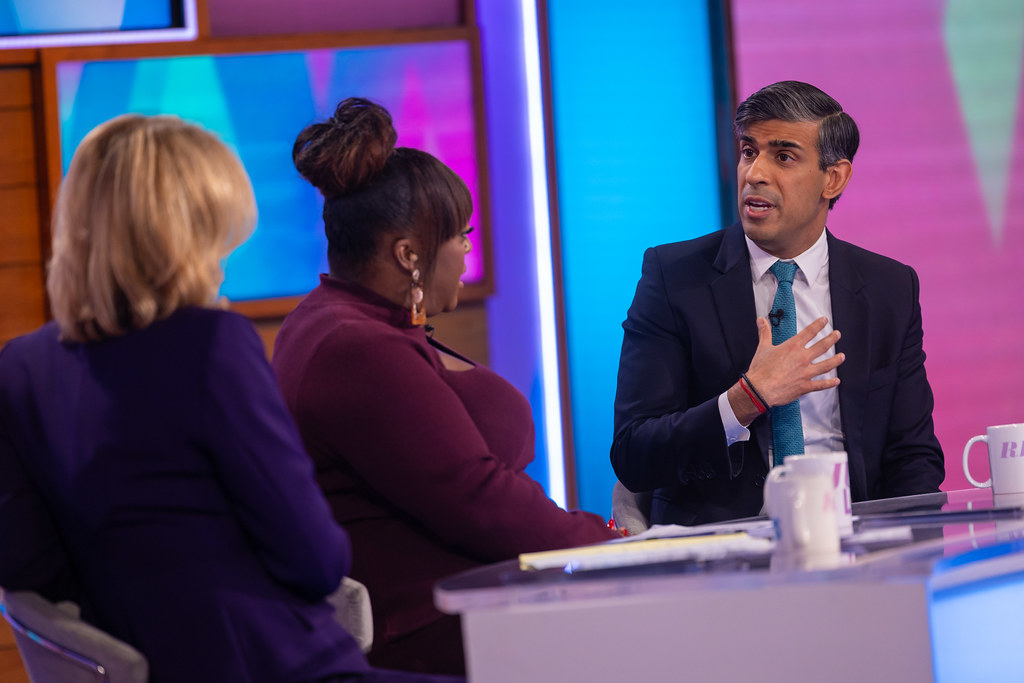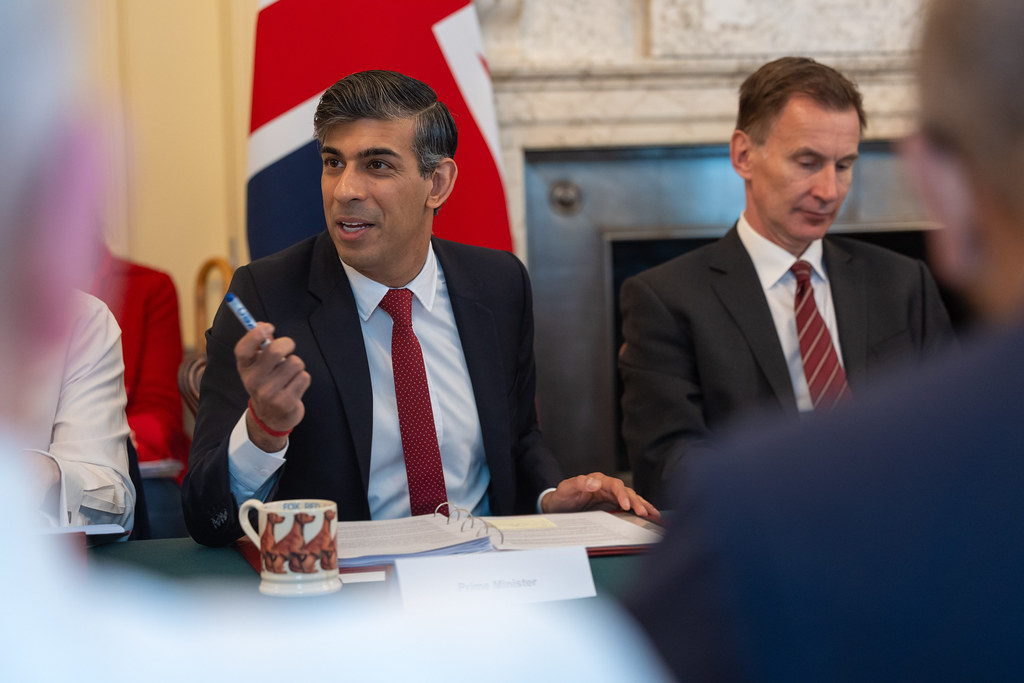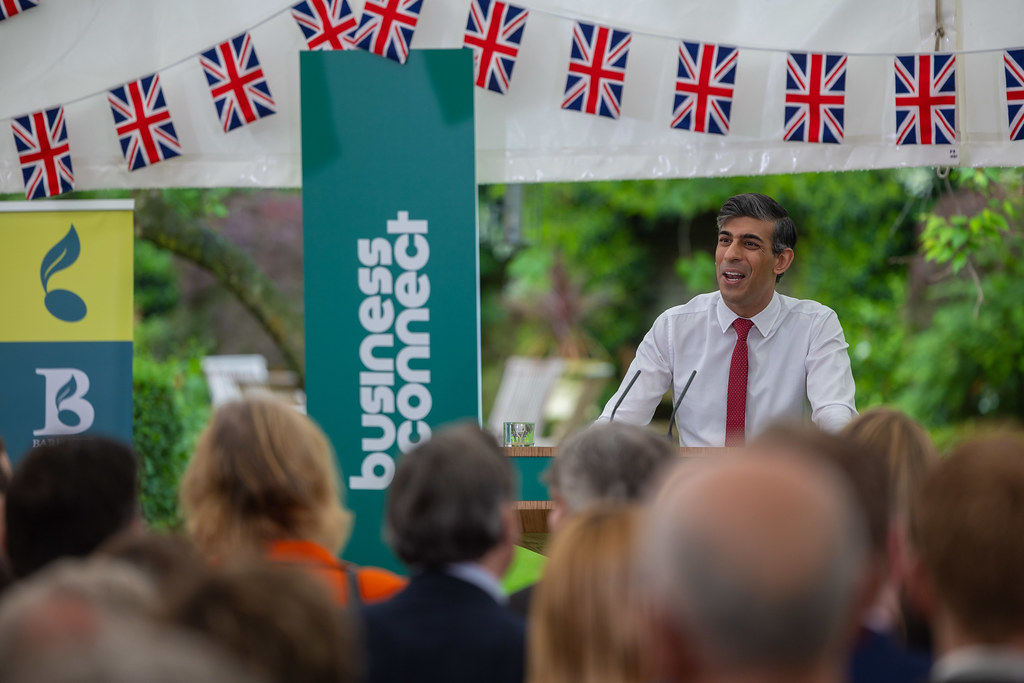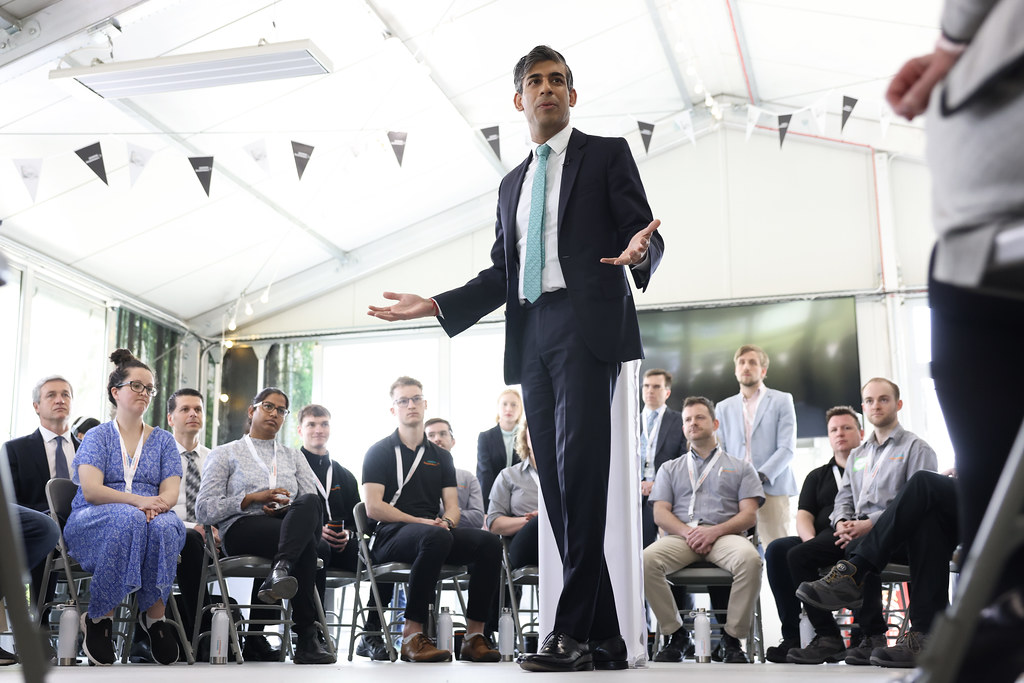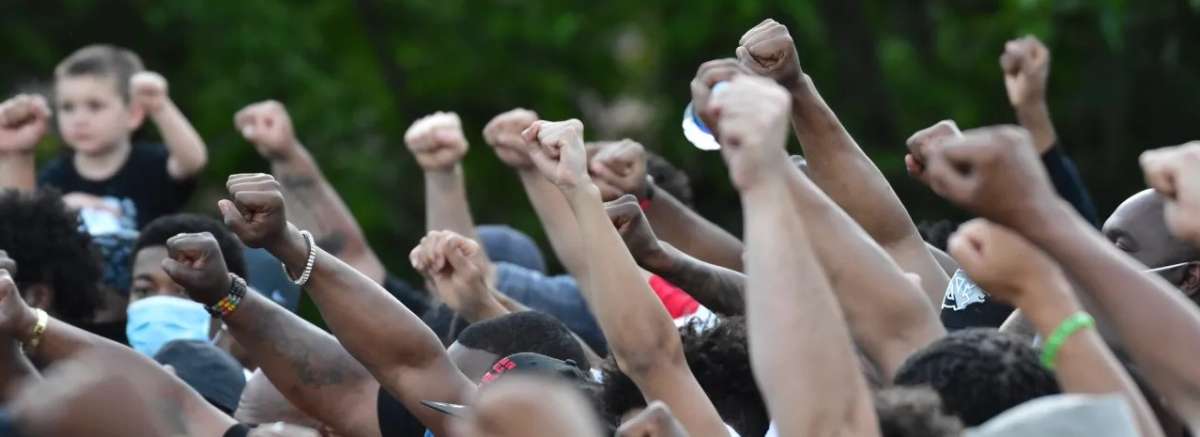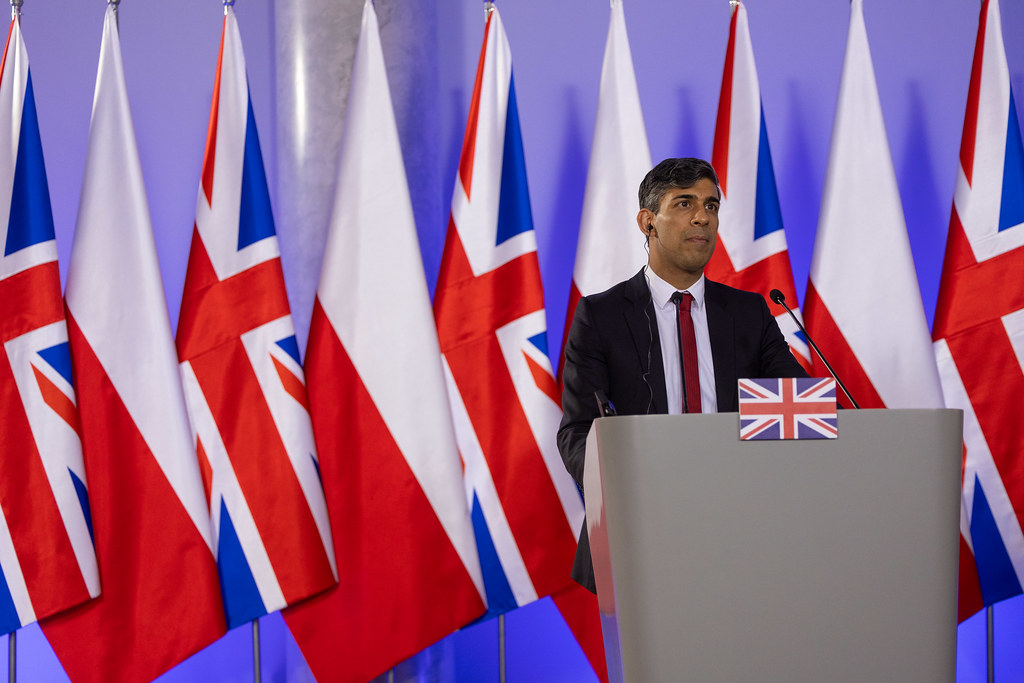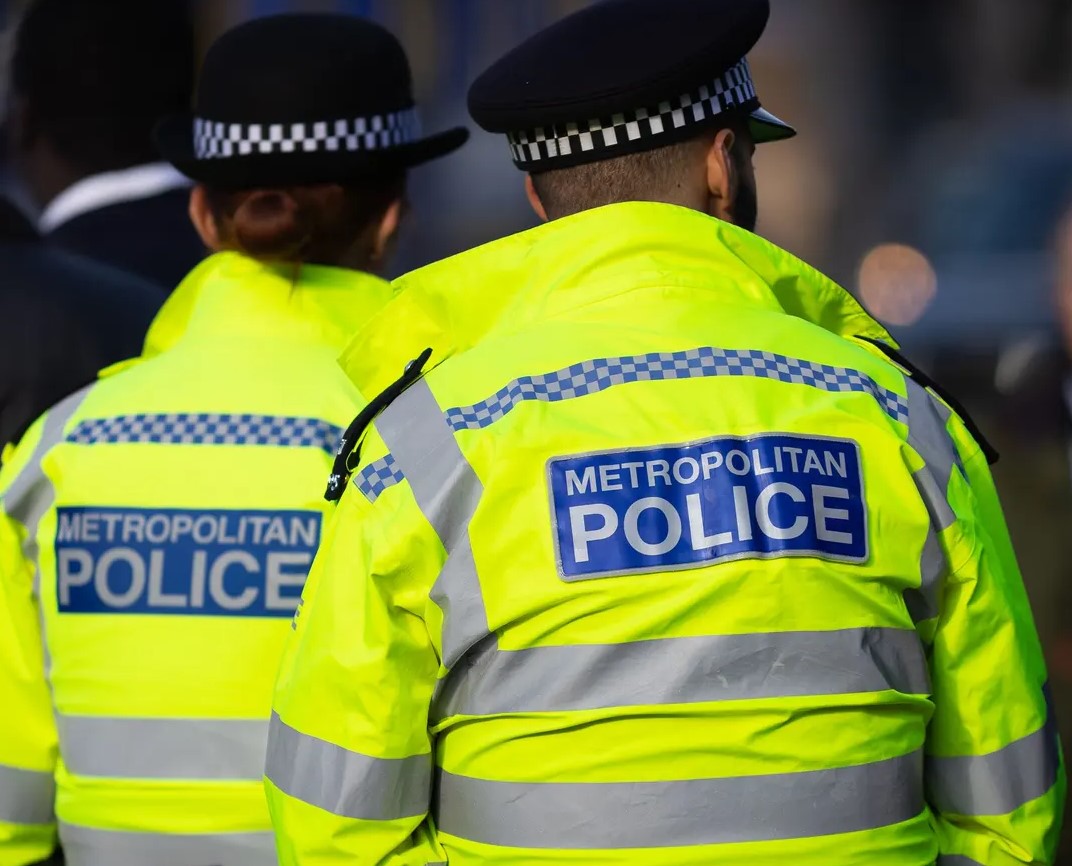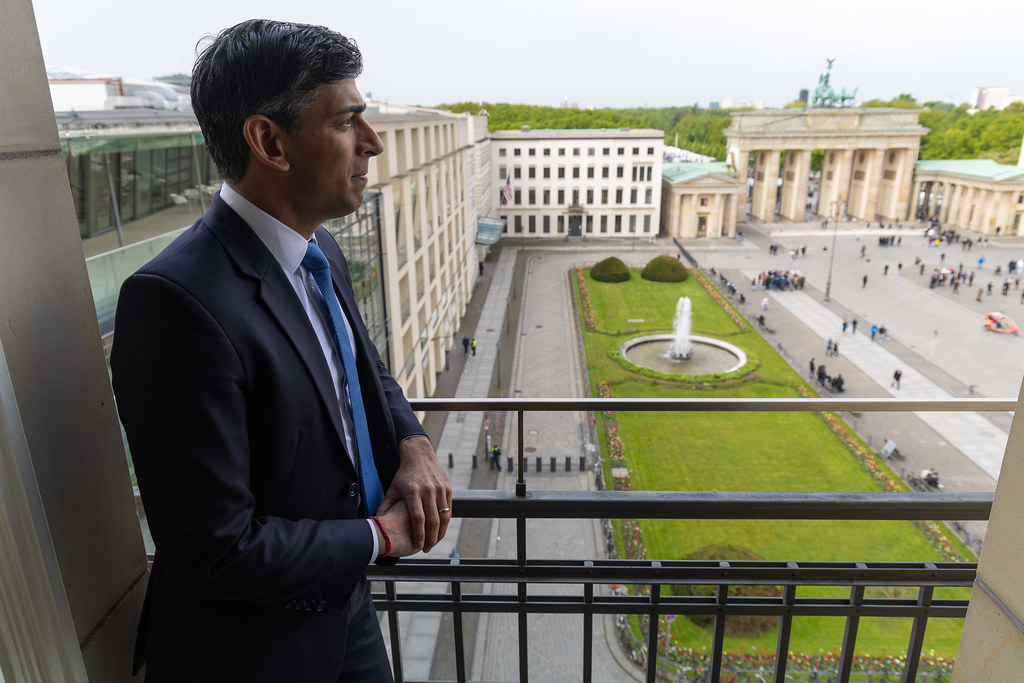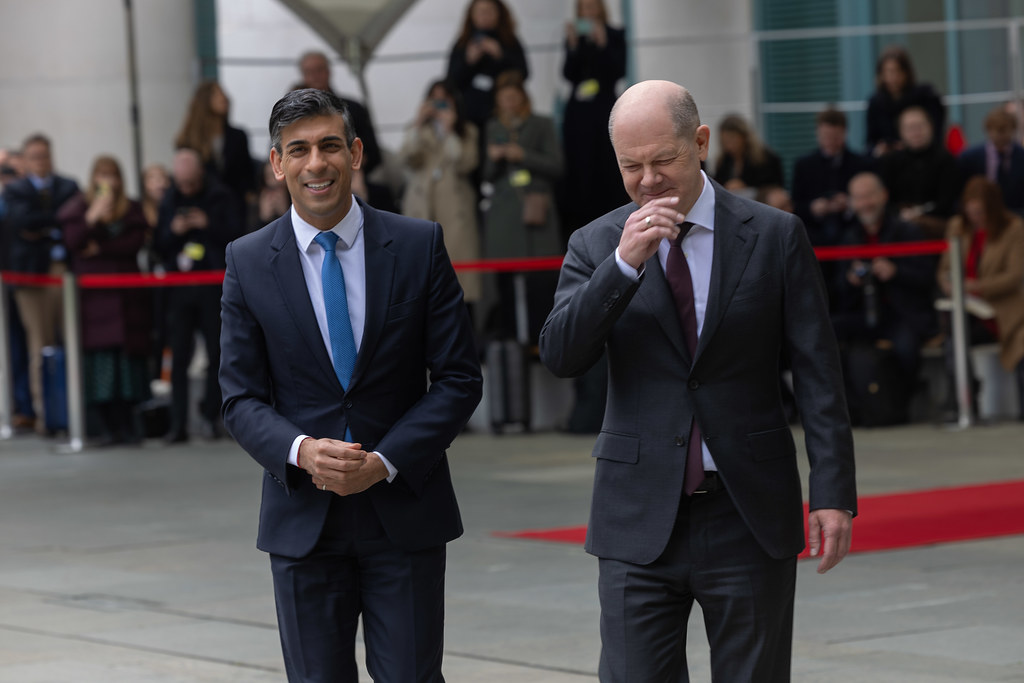The National Indian Students and Alumni Union wrote to the prime minister warning the graduate visa route was critical to the UK’s attractiveness as a destination for international students…reports Asian Lite News
Plans for a radical crackdown on graduate visas that allow overseas students to work in the UK for up to two years after graduation look set to be abandoned by the prime minister after coming up against staunch opposition from cabinet colleagues.
Rishi Sunak had been considering restricting and even scrapping the graduate visa route as a way of reducing migration figures, but he is now expected to opt for more modest reforms to close loopholes and “prevent abuse” of the immigration system.
Among the measures under consideration is a clampdown on recruitment agents that market British degree courses overseas, with penalties for those who fail to supply the type of students they promise.
Foreign students who use the graduate visa route to stay in the UK at the end of their studies could face mandatory English tests, according to the Sun, which also reports that universities and colleges with high dropout rates could lose their licence to recruit overseas.
Sunak backed away from more radical proposals to restrict the visa offer after interventions by the chancellor, Jeremy Hunt; the foreign secretary, David Cameron; the home secretary, James Cleverly; and the education secretary, Gillian Keegan – who all argued it would be damaging for universities and the economy.
An announcement on the proposed reforms is expected to coincide with publication on Thursday of the Office for National Statistics’ quarterly net migration figures, which are expected to remain high.
Indian students and alumni in the UK were among those urging Sunak to retain graduate visas and rejecting claims they are little more than “Deliveroo visas” that allow overseas students access to low-paid jobs in the gig economy.
The National Indian Students and Alumni Union (NISAU) wrote to the prime minister warning the graduate visa route was critical to the UK’s attractiveness as a destination for international students.
The NISAU chair, Sanam Arora, wrote: “The best will go to where the best offer is, and any worsening of the graduate route will make the UK’s offer significantly worse.”
India sends more students to study in the UK than almost any other country in the world and they account for more than 40% of all graduate visas. “Some find merit in reducing the hard work of young people to ‘Deliveroo visas’,” Arora said. “In actual fact international students and graduates are by and large extremely hard-working young people who have typically invested tens of thousands of pounds into their UK education, alongside their dreams and aspirations for a better future.”
Many take out expensive educational loans to pay for their studies. “It is only reasonable that they would want some return on this very significant investment. And the return they seek is the very simple opportunity to gain meaningful work experience for a temporary period of time.”
One option that had been under consideration was limiting graduate visas to the 24 research-intensive Russell Group universities, while the government was also understood to be looking at reducing the length of the visas.
A letter signed by vice-chancellors at more than 20 universities across the north – many of them non-Russell Group – urged Sunak to accept the findings of the Migration Advisory Committee, which last week recommended the graduate visa arrangement should be retained in its entirety after a review found no evidence of widespread abuse.
“Universities from Sunderland to Sheffield, Leeds to Lancaster, Liverpool to Teesside, Bradford to Huddersfield, and York to Newcastle will all be harmed by the removal or reduction of the graduate route visa,” the letter states.
“In the north of England, the international student cohort from the first academic year in this decade (2020-21) alone was worth £7.2bn. Universities are now reporting reductions in applications of as much as 80% in some areas and that reduction in income will have a catastrophic impact on the region’s economy.”
A government spokesperson said: “We are committed to attracting the brightest and best to study at our world-class universities, while taking the necessary steps to prevent abuse of our immigration system. We are now considering the Migration Advisory Committee’s findings and will respond in due course.”
A letter signed by vice-chancellors at more than 20 universities across the north – many of them non-Russell Group – urged Sunak to accept the findings of the Migration Advisory Committee, which last week recommended the graduate visa arrangement should be retained in its entirety after a review found no evidence of widespread abuse.
“Universities from Sunderland to Sheffield, Leeds to Lancaster, Liverpool to Teesside, Bradford to Huddersfield, and York to Newcastle will all be harmed by the removal or reduction of the graduate route visa,” the letter states.
“In the north of England, the international student cohort from the first academic year in this decade (2020-21) alone was worth £7.2bn. Universities are now reporting reductions in applications of as much as 80% in some areas and that reduction in income will have a catastrophic impact on the region’s economy.”
A government spokesperson said: “We are committed to attracting the brightest and best to study at our world-class universities, while taking the necessary steps to prevent abuse of our immigration system. We are now considering the Migration Advisory Committee’s findings and will respond in due course.”

